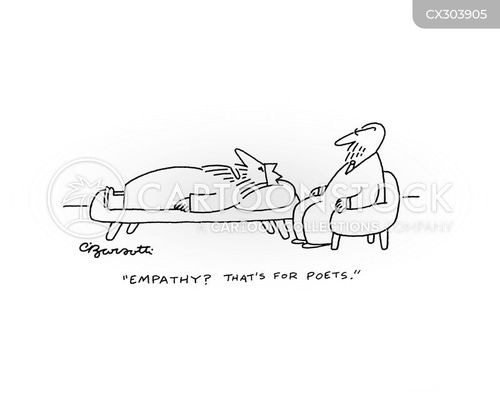Howdy, readers & personal development enthusiasts!
For those of you outside Romania, the last weeks have been mayhem. The presidential elections in Romania took place, and as I write this piece, the voting is in progress.
It has been a gruesome race, with a liberal candidate and a right-wing one. The campaign was filled with name-calling, accusations, and worst of all, a complete social division.
So today, I want to write about why this is happening, what to do, and how I approach this in my practice.
Long post ahead.
Why so much hate and contempt?
I would start by explaining what it means to feel hatred and contempt. We look at our emotions as sign poles that show us things that are important to us or that we should pay attention to. This is the purpose of emotions.
Contempt in a relationship usually signals that the other is doing something that violates my values or that he has very different values, often opposite to mine.
Hate is the same - it usually signals that a person violates my limits, my values.
These two emotions are associated with negative thoughts about the other person and/or with aggressive behaviors. Even if not physical, this major negative activation in social media also includes aggressive behavior.
Then we look at the labeling of others without having a complete picture.
Our minds like certainty and clarity. But in the moments when a person violates our values, it is very easy to generalize their behavior or an opinion expressed about the whole person. That's how labels like "he's stupid", "he's uneducated" appear only after we see a different opinion from ours.
And if our values are also involved, with which we tend to identify ourselves, then the recipe for hatred, contempt, aggressive behavior, and fear is complete.
That person not only has a different opinion from mine, but is also against me.
And this system is quite difficult to cure.
What works and what does not work?
What doesn't work is trying to convince the other person. Not because the arguments don't necessarily work (usually they don't work when these emotions and identification with my opinions are involved), but because multiple studies have shown that most of the time, the attempt to convince has the opposite effect.
What seems to work is dialogue and a process called "radical acceptance". It sounds very abstract, but what it means is starting from the premise that that person with opinions different from mine is not "crazy" "stupid" "educated" but probably has an experience and a life context different from mine.
And then let's go a bit over all this noise of insults and screams, and see the points where we agree. Because, especially in social and political contexts, we all have the same frustrations. We just manifest them differently.
How do you deal with people who have different values that yours?
I am often asked how I work in psychotherapy sessions with people who have different values from mine.
I admit that I am in a privileged group where I can choose my clients, but I happen to have people in my office who think and choose very differently from me.
What I learned in the experience is to remember that those people do not think and behave that way because they think that is the best possible way, but because, in their experience, in the context in which they lived, that way proved to be the most effective.
And then I bring among the tools I use curiosity, openness and empathy and I try to find out how that person created that way of thinking, what helped her, what still helps her now and IF she wants to change it to help her identify together the contexts in which she can change and how.
I strongly believe, especially after 15+ years of experience, that people are not bad or good.
That we don't have the right to judge the way a person thinks or to label them according to one behavior or another.
We can label and blame the behavior, but not the person, and a little curiosity and openness could change a lot the way we cooperate as a society.
So carry on and practice kindness, wherever you are or voted for.



